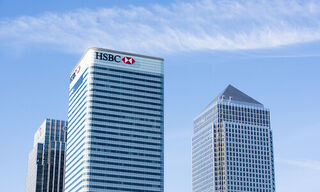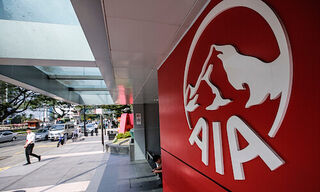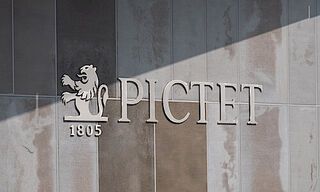With the latest rounds of measures to cool the property market, Singapore banks should expect slower loan growth in the next few quarters, experts say.
Singapore's slew of property-cooling measures is expected to eliminate or reverse loan growth in the next few quarters for banks, according to experts.
The latest measures will not hurt the current mortgage portfolio for the three Singapore banks, but new loans growth could drop with the slowdown in property transactions in the coming quarters, according to OCBC research head Carmen Lee, who was quoted in a «Business Times» report.
Growth in home equity loans and a hot property market at home is a key driver of profits for DBS, UOB, and OCBC: the big three Singapore banks had loan exposure, including those in the property sector, of between 42 and 50 percent in the first quarter.
Cooling Measures
Prices of Singapore's private residential property had risen by 9.1 percent over the last year, with demand recovering sharply. To maintain price stability, the Monetary Authority of Singapore recently tried to cool the market. Measures include raising the additional buyer stamp duty and limiting the loan-to-value ratio that was previously in place.
«The sharp increase in prices, if left unchecked, could run ahead of economic fundamentals and raise the risk of a destabilizing correction later, especially with rising interest rates and the strong pipeline of housing supply,» MAS cautioned.
Besides tightening ratios and raising buyer stamp duties, MAS has also introduced an extra additional 5 percent stamp duty on developers purchasing residential properties for housing. The fee is is non-remittable and payable on the purchase price or market value.
Loan Exposure Affect Banks
«The revised housing loan limits mean that even first-time buyers will need to place an additional 5 percent cash down payment on their home purchases, an amount which is not insignificant. This is expected to rein in buyers' demand for both new launch properties as well as resale properties,» said Kenneth Szeto, a partner at Withers KhattarWong in a press statement.
«Buyers looking at entry-level private properties may potentially consider HDB properties instead, as the latter are not affected by the latest cooling measures and loan restrictions,» Szeto added. In Singapore, buyers of HDB properties, or public housing, can obtain mortgages from either HDB or from private lenders.
«Amongst the three banks, UOB has the highest exposure to housing loans, at 27.6 per cent of its total loans – hence, UOB’s share price may be impacted more negatively in the short term,» wrote RHB Bank analyst Leng Seng Choon in a research note.
Longer Term Positives
Although banks are being impacted by the latest cooling measures on the property market, rising interest rates and a stable outlook could buoy the banks' shares over the longer term, observers say.
«DBS expects net interest margins to improve, as higher U.S. rates will pass through for Singapore and Hong Kong operations. The bank aims to expand loan book by a high single digit,» Deutsche Bank analysts wrote in a research note.
Investor services firm Moody's point to improving the quality of banks' assets moving forward. «We also expect the measures will improve banks’ newly originated housing loans asset quality amid Singapore’s rising interest rate environment and strong supply pipeline,» according to its report (behind paywall).
Banking Shares Fell but Regained Grounds
Following the announcement of property cooling measures, shares of the three local banks were fell sharply last Friday. DBS shed 3.19 per cent to S$25.21, UOB fell 3.58 per cent to S$26.12 and OCBC fell 2.61 per cent to S$11.20.
The three local banks's shares have recovered some grounds after digesting the news over the last 2 days. DBS traded at S$26.23, UOB at S$26.87, and OCBC at S$11.50 on Tuesday afternoon.



























